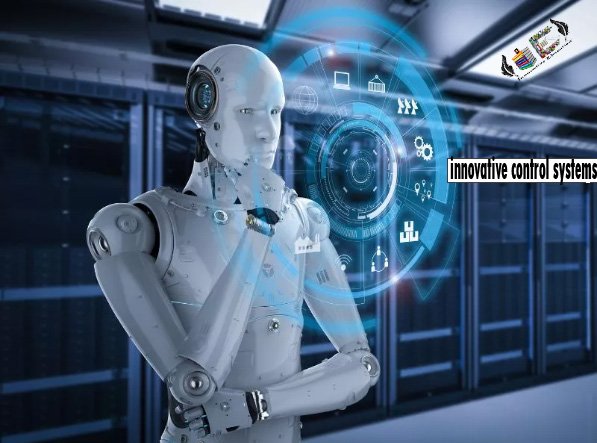innovative control systems
Innovative control systems refer to the use of new and advanced technologies, techniques, and approaches to control various systems and processes. These systems are designed to improve efficiency, accuracy, and safety while reducing costs and environmental impacts.
Here are some examples of innovative control systems:
Artificial Intelligence (AI) and Machine Learning (ML) control systems: These systems use advanced algorithms and predictive analytics to optimize performance, automate processes, and detect anomalies in real-time.
Internet of Things (IoT) control systems: These systems use sensors, networks, and cloud computing to connect and control various devices and systems, improving efficiency, and reducing energy consumption.
Robotics control systems: These systems use advanced robotics and automation technologies to perform repetitive tasks with precision and accuracy, reducing human error and increasing productivity.
Cyber-physical systems (CPS) control systems: These systems combine physical processes with advanced computing and communication technologies, enabling real-time monitoring, control, and optimization of various systems and processes.
Human-machine interface (HMI) control systems: These systems use advanced visualization and communication technologies to provide operators with real-time feedback, alerts, and control options, improving situational awareness and reducing response times.
Virtual and augmented reality (VR/AR) control systems: These systems use immersive technologies to provide operators with a virtual view of real-world systems and processes, enabling remote monitoring, training, and control.
Control systems for renewable energy sources: These systems use advanced control algorithms to optimize the performance and reliability of wind turbines, solar panels, and other renewable energy systems, increasing their efficiency and reducing costs.
Smart city control systems: These systems use IoT, AI, and other advanced technologies to manage and optimize various urban systems, such as transportation, energy, water, and waste management, improving quality of life and sustainability.
Control systems for autonomous vehicles: These systems use sensors, GPS, and AI to enable safe and efficient operation of self-driving cars, drones, and other autonomous vehicles, reducing accidents and improving mobility.
Blockchain-based control systems: These systems use blockchain technology to enable secure and transparent control and management of various systems and processes, such as supply chains, financial transactions, and voting systems.
Certainly! Here are a few more examples of innovative control systems:
Quantum control systems: These systems leverage the unique properties of quantum mechanics to enable advanced control and manipulation of quantum systems, such as quantum computers and sensors.
Control systems for 3D printing: These systems use advanced control algorithms to precisely control the deposition of materials in 3D printing processes, enabling the production of complex shapes and structures with high accuracy and repeatability.
Microgrid control systems: These systems use advanced control algorithms to optimize the operation and coordination of distributed energy resources, such as solar panels, wind turbines, and energy storage systems, enabling more reliable and resilient power supply.
Control systems for precision agriculture: These systems use sensors, drones, and AI to optimize crop growth and yield by providing real-time monitoring and control of various environmental factors, such as temperature, humidity, and soil moisture.
Biomedical control systems: These systems use advanced control algorithms and sensors to monitor and control various biomedical processes, such as drug delivery, prosthetics, and artificial organs, improving patient outcomes and quality of life.
In conclusion, innovative control systems continue to push the boundaries of what is possible, enabling more efficient, sustainable, and reliable operation of various systems and processes across a wide range of industries and applications.
Innovative control systems are rapidly advancing and transforming various industries, from manufacturing and transportation to energy and healthcare. These systems leverage advanced technologies such as AI, IoT, and machine learning to optimize performance, reduce costs, and improve safety and sustainability. The examples of innovative control systems range from quantum control systems to control systems for precision agriculture and biomedical applications.
As these technologies continue to evolve and improve, we can expect to see further advancements in the control and optimization of various systems and processes, leading to increased efficiency, reduced environmental impact, and improved quality of life.


Comments are closed.